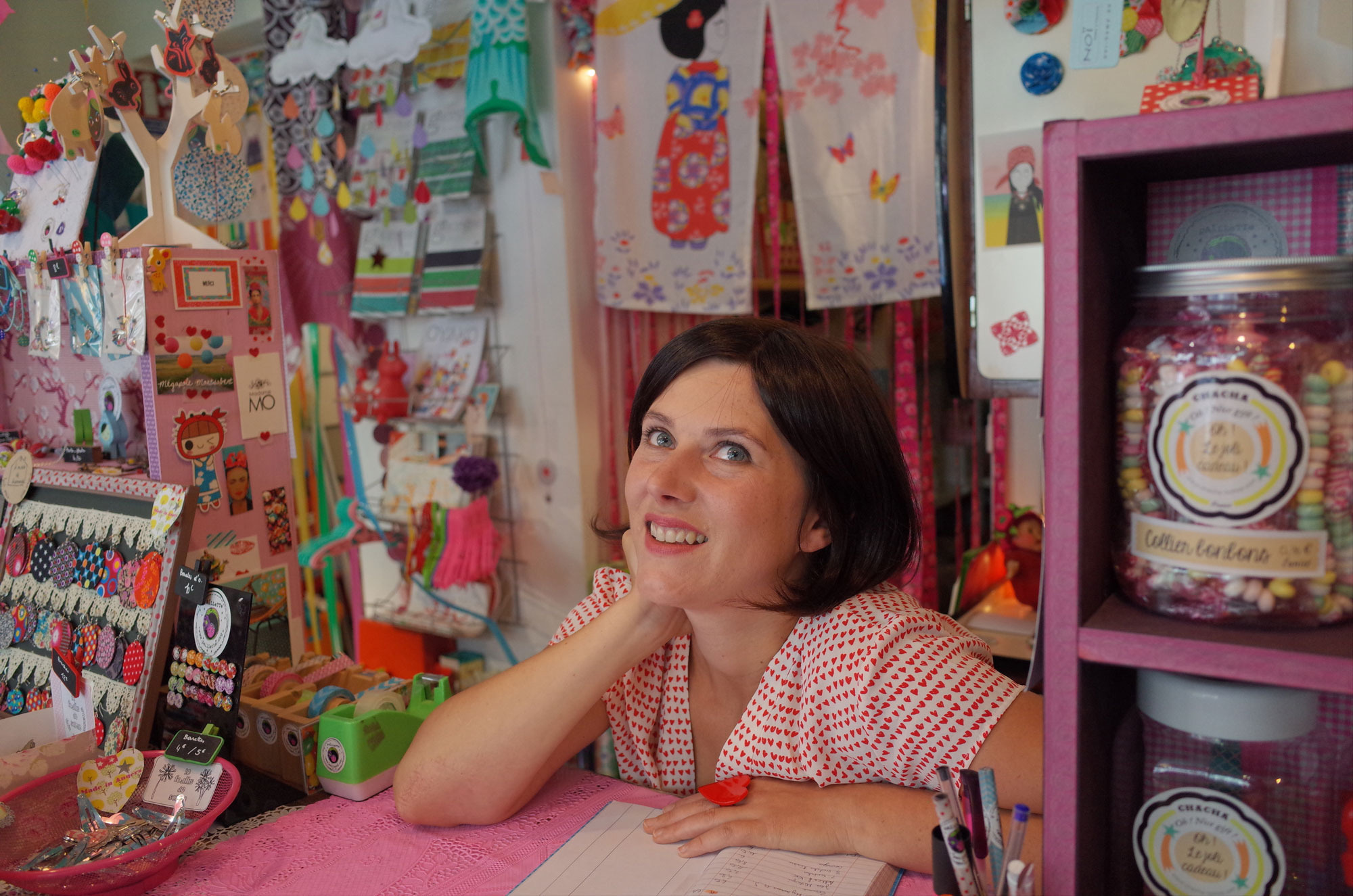Mainstream adoption of technology is improving conditions for small businesses across Australia. From cloud-based accounting solutions to social media aggregators, technology is helping small businesses save time, enhance customer service, and grow in unprecedented ways.
“Technology used to be the domain of big business, but that’s no longer the case,” says business expert David Koch. “More small businesses are seeing the benefits of adopting technology. Whether that means they use a cloud accounting solution to invoice their clients on the go or schedule their social media campaigns through Hootsuite, technology is becoming ubiquitous in small business and that’s a great thing!”
Koch suggests early adopters of technology are already reaping the benefits of this connected ecosystem.
“Technology is transforming the way we do business. We pay for our coffee with the wallet on our smartphone or order ahead with an app. We login remotely to our workplace and get instant access to our files in the cloud. We Skype our colleagues overseas or interstate and we send documents and emails from the road. Tech is part of everyday life. If your business isn’t using the latest solutions, you will be left behind.”
You may think all this tech comes at a hefty price tag. However, Koch is quick to pitch the affordability of this brave new world.
“There are great subscription models for essential services and an abundance of free apps and software solutions that will do the trick,” he says. “There’s really no excuse to lag behind.”

Kochie’s 3 essential business tools
Cloud Accounting Software
Switch from paper and spreadsheets to a cloud-based solution for your accounting needs. Start by linking your bank account to your accounting software. You’ll get real-time data on the financial health of your business. You can trace customer sales. Submit invoices while on the road. Create budgets to track your business performance. Best of all, you’ll have access to your account information from anywhere at any time.
Customisable dashboards can provide insights into your clients’ buying behaviour, their sales history and whether they have outstanding payments. If you’re in the professional service industry, you’ll also benefit from features such as time-tracking, which allows you to set up projects and tasks, add collaborators and capture the time it takes to complete a project, making it simple to track and project billable hours.
Social Media Tools
Social media is an essential part of the marketing mix for today’s small businesses. However, managing multiple accounts can be challenging, especially if you’re time poor.
It’s important to trial what social media works best for your business. Then focus on providing quality social posts to those channels. Perhaps your Instagram and Facebook have great engagement but Twitter is dead in the water. Once you know what works, set up your social media on a scheduling app such as Buffer, Hootsuite or Mavsocial (if you want to post in other languages) and shave hours off your schedule. These tools also provide analytics to help you measure your
Customer Relationship Management System
I cannot stress enough how much a good customer relationship management (CRM) tool can enhance your marketing and customer service resources. It can provide the data your business needs to identify pain points and opportunities. It can also help nurture your customer relationships and identify patterns in buyer behaviour.
The best CRM tools provide customisable dashboards which not only make life easier for you but also your customers. How? By providing them instant access to their account history and the ability to review and pay invoices. It also frees you up from the seemingly never-ending email and paper trail. It’s a win-win!
“Regardless of whether you employ one of these solutions or all three, implementing these online tools will free you up to spend more time on developing your business. That’s gotta be a good thing,” Koch concludes.
Discover more ways to save time and money with Sage One’s range of online business tools and cloud accounting software. Start a free 35-day trial at www.sageone.com.au


















